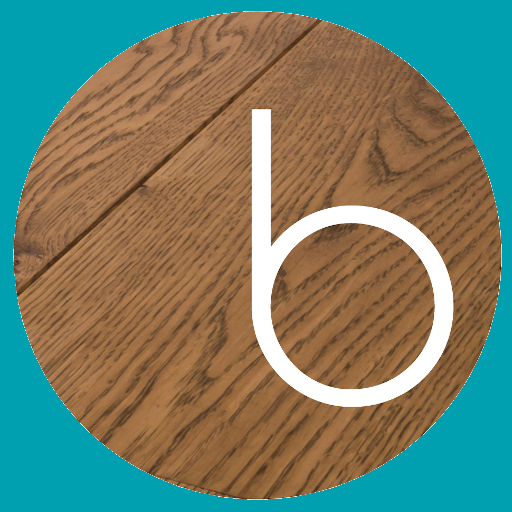FAQs
Answering your floor related queries
If you are looking to install new wooden floors into your home, or want to find out if your existing wood floors can be sanded and restored, then you likely have some questions.
These are some of the frequently asked questions that we get asked.
If you have any further questions about wood floors then please get in touch.
Where is Bishops Flooring based?
Bishops Flooring Ltd is based in Crowborough, East Sussex.
Our experienced craftsmen are available to fit our range of quality hardwood floors throughout Tunbridge Wells, East Grinstead, Sevenoaks, Uckfield, Crowborough, East Sussex, West Sussex, Kent, Surrey and across the South East.
If you have any wood floor related questions or if you would like to get a quote then contact us
Common floor laying questions
What is the advantage of an Engineered wood floor compared to a solid wood floor?
Engineered flooring tends to be more of a stable and consistent product. This ensures that the flooring adapts well to varying room conditions.
Does solid wood flooring last longer than Engineered?
No, the top wear layer tends to be similar in both products. And whilst floors can be sanded and restored, as soon as you reach the tongue and the groove fitting through sanding, the floor would need replacing.
Should I go for a lacquered or oiled finish on my flooring?
This depends on several factors. Mainly where the floor is being laid and the amount of traffic that will pass over it.
Lacquer tends to be harder wearing thus making it ideal for Kitchens and hallways.
Oil finished tends to offer more of a natural look and you have greater colour/product ranges available.
Can Engineered flooring go over underfloor heating?
Yes, its exactly what it is designed for. We do not recommend putting a solid wooden floor over underfloor heating.
What is the best way to fit an Engineered floor?
Engineered floors can be stuck, floated or nailed to existing sub floor. The only option for solid wood is to nail down to joists or existing wood/ply.
Should we use a vapour barrier / underlay when fitting flooring?
It is essential when “floating” the engineered flooring that a dpm underlay is incorporated.
Should we check for damp prior to laying our floor?
If installation is on to a newly laid screed then this is essential. We will always conduct a damp meter test prior to fitting flooring.
Will oiled floors need more regular maintenance?
We would recommend that they are re-oiled periodically depending on use.
How to clean newly fitted flooring floors?
We always give instructions on how to maintain your newly laid flooring after the completion of our work.
Common floor sanding questions
How do I know if my existing flooring is in good enough condition to sand and finish?
You can either send us in pictures or we would be happy to undertake a site survey to assess the condition and let you know our expert advice.
Is a lacquered or oiled finish better for my flooring?
This depends on several factors. Mainly where the floor is being laid and the amount of traffic that will pass over it.
Lacquer tends to be harder wearing thus making it ideal for Kitchens and hallways.
Oil finished tends to offer more of a natural look and you have greater colour/product ranges available.
Will sanding my floors be very dusty?
Peoples perception is often worse than the reality. The nature of the sanding dictates that there will be a small amount of dust but our machinery ensures this is kept to a minimum. This enables us to achieve a good finish with minimal disruption to your home.
Can you repair my old floors before sanding them?
We can repair most floors prior to sanding. This puts them in the best position to be restored to the highest standard.
Do we need to prepare the floors prior to sanding?
No, we are more than happy to remove existing floor coverings prior to floor sanding unless agreed otherwise.
How quickly after the floor is finished can we move furniture back into our room?
We normally suggest that all furniture is left off a newly finished floor for a minimum of 24 hours after the final coat of lacquer or oil has been applied.
Can you sand around furniture?
It is ideal that the room is clear of furniture prior to the sanding work starting.






